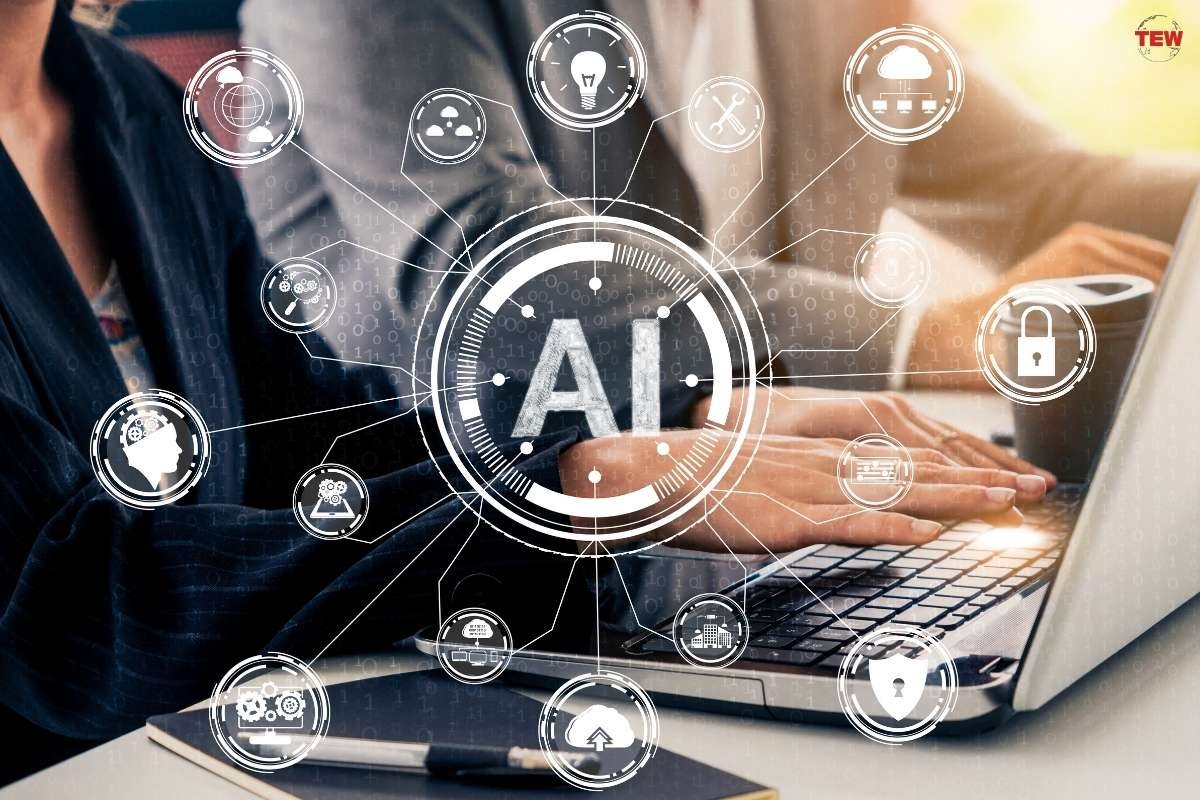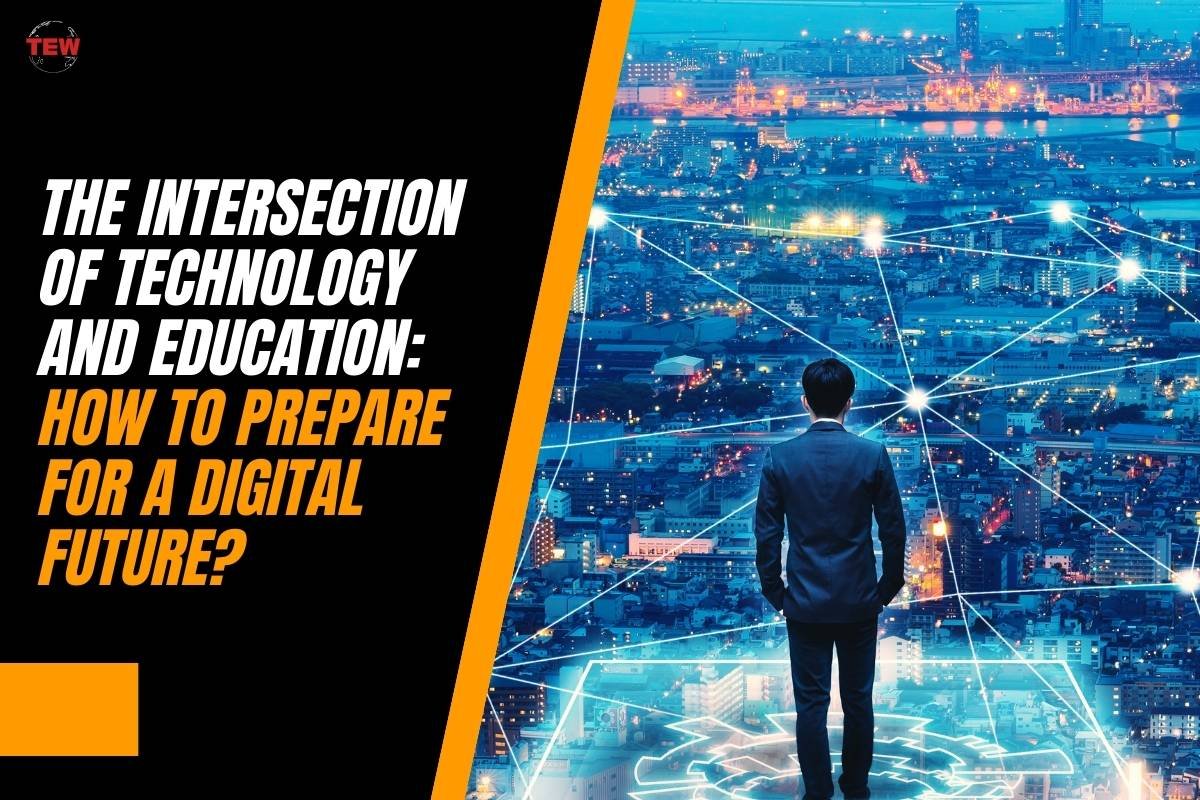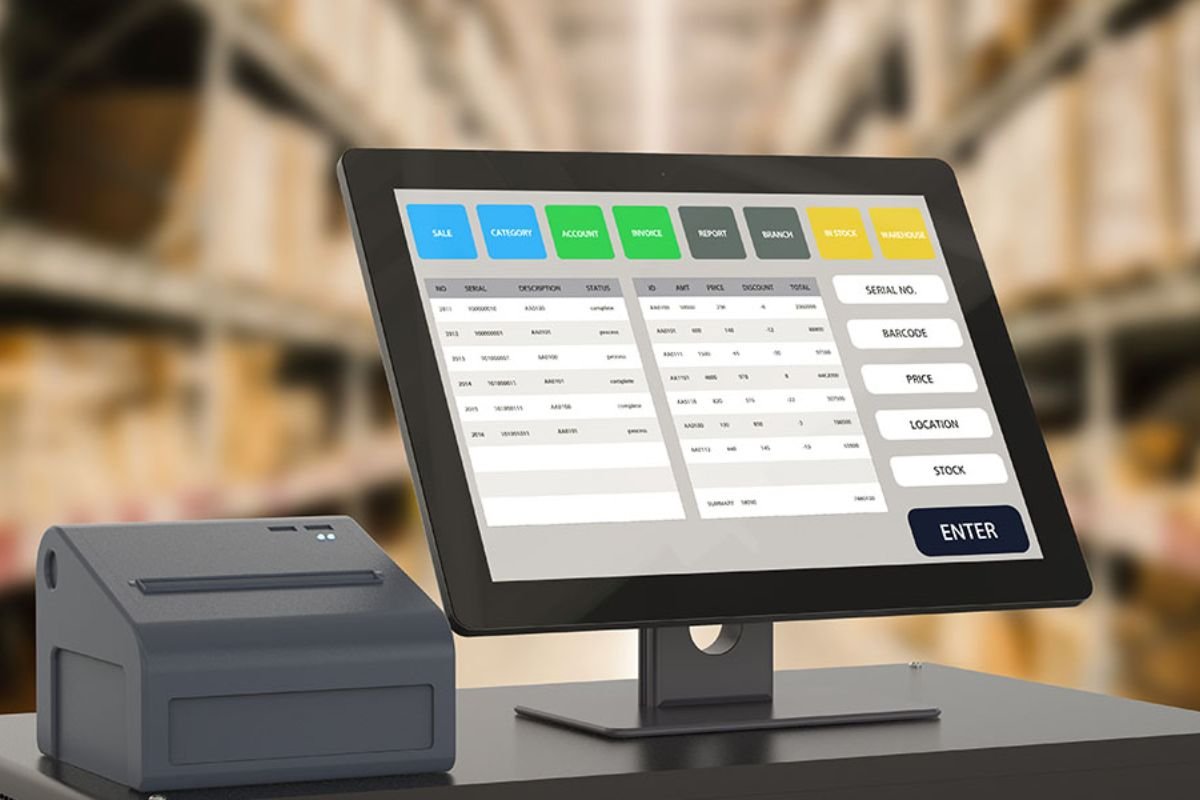As technology continues to permeate every aspect of our lives, education has not remained untouched. The shift to digital education is no longer a future possibility but a present reality. Students today face a landscape where digital tools can dramatically enhance traditional learning methods. Students need to adapt and learn to prepare for a digital future effectively to benefit from the potential educational advancements.
Here are some platforms to prepare for a digital future:
Evolution Of E-Learning Platforms
E-learning platforms have dramatically transformed the way students access education. These platforms provide a range of study materials—from detailed course videos to interactive quizzes—allowing for a more flexible and personalized educational experience. Students should explore various platforms to prepare for a digital future and to find the ones that best match their learning styles and needs.
Regular engagement with these platforms can lead to a better understanding of course material, enabling more efficient and effective study sessions. Additionally, taking advantage of forums and discussion boards on these platforms can offer valuable insights and extra help from peers and educators.
Virtual Reality And Augmented Reality: Beyond The Classroom Walls

Virtual Reality (VR) and Augmented Reality (AR) technologies are transforming the educational landscape by creating fully immersive learning environments beyond traditional classroom settings. Students studying complex or abstract concepts can greatly benefit from the tangible experiences provided by VR and AR.
For example, stepping into a virtual reconstruction of ancient civilizations or manipulating three-dimensional models of mathematical problems can significantly improve comprehension and memory retention. To effectively utilize these technologies, students should explore available VR and AR educational content through school programs, local tech hubs, or dedicated online platforms. Additionally, participating in workshops or demo events can provide practical insights into the potential applications of these technologies in their studies.

Artificial Intelligence: The Engine Behind Personalized Learning
Artificial Intelligence (AI) plays a crucial role in creating personalized learning experiences by adapting to individual learning paces and preferences. AI-driven systems offer customized resources like detailed study help and tailored exam preparation materials. To fully leverage these AI capabilities, students should regularly engage with adaptive learning platforms that monitor their progress and provide personalized feedback.
Such platforms often highlight specific knowledge gaps and recommend targeted study strategies. By providing continuous feedback to these platforms, students help ensure the AI algorithms are optimally tuned to meet their unique learning requirements, thus enhancing the overall effectiveness of their educational experience.
The Role Of Big Data In Education
Big Data is integral to developing effective educational strategies, offering insights derived from analyzing extensive datasets concerning learner behaviors and educational outcomes. Students can harness the power of big data by employing analytics tools that examine their study patterns and predict academic performance. These insights can be instrumental in optimizing study schedules and to prepare for a digital future efficiently for assessments.
Students can better understand their learning preferences and challenges by consistently engaging with data analytics tools, allowing them to tailor their study habits accordingly. Furthermore, utilizing predictive analytics can aid students in anticipating areas of difficulty, enabling proactive preparation, and ultimately fostering a more strategic approach to learning.
Gamification Of Learning: Making Education Interactive And Fun
Gamification incorporates game design elements in educational contexts, enhancing motivation and making learning a more engaging experience. Students should integrate gamified elements into their studies by setting up reward systems for meeting study goals or competing with peers in educational challenges. Using apps that turn learning activities into games can make the process more enjoyable and less tedious. For example, completing a module can earn points or unlock levels, providing a sense of achievement beyond traditional grades. Integrating study materials such as lecture notes, study guides, and exam prep into these gamified systems can enhance the learning experience.
Platforms like Studocu offer a range of resources that can be seamlessly incorporated into these gaming elements, allowing students to access high-quality content while engaging in interactive learning. For instance, earning rewards for reviewing study notes or achieving high scores in quiz-based games that utilize actual exam questions can motivate students to consistently engage with their study material in a fun and effective way. This approach makes learning more appealing and helps students retain information more effectively, and prepare for a digital future for academic and career challenges.
Collaborative Technologies: Enhancing Connectivity And Interaction
Collaborative technologies have revolutionized how students interact with each other and their educators. Utilizing these tools allows for the seamless sharing of ideas, resources like study notes, and collaborative project work, even over long distances. Students should actively participate in online study groups and class forums to take full advantage of these technologies.
Engaging in peer reviews and group discussions can deepen understanding and expose students to diverse perspectives. Moreover, embracing collaborative project tools can enhance teamwork skills, preparing students for similar digital environments in their future careers.

Digital Literacy: Skills For The Future
As digital landscapes evolve, so too must the skills students acquire. Digital literacy is fundamental, encompassing everything from basic computer skills to advanced abilities like coding and data analysis.
Students should start by ensuring they are comfortable with common digital tools and platforms, then gradually expand their skills to include specialized software relevant to their field of study. Additionally, participating in workshops or online courses can bolster their proficiency and confidence in using digital tools effectively.
Ethical Considerations In Digital Education
Navigating digital education also requires understanding its ethical implications, such as data privacy and equitable access to technology. Students should know the data they share on educational platforms and understand their privacy and security rights.
Additionally, advocating for equitable digital access can help ensure all students benefit from technological educational advancements. Engaging in dialogues about these topics in academic settings and broader forums can promote a more inclusive and ethically aware digital education environment.
Empowering Students For A Digital Tomorrow
As students continue to engage with digital education tools, they should embrace the opportunities these technologies provide. By actively exploring and utilizing diverse educational technologies, students can prepare for a digital future where proficiency is indispensable. Remaining adaptable and continuously seeking knowledge about new technologies will position them well in an increasingly digital-centric world. This proactive approach will enhance their educational experiences and equip them with the skills necessary for lifelong learning and success.






